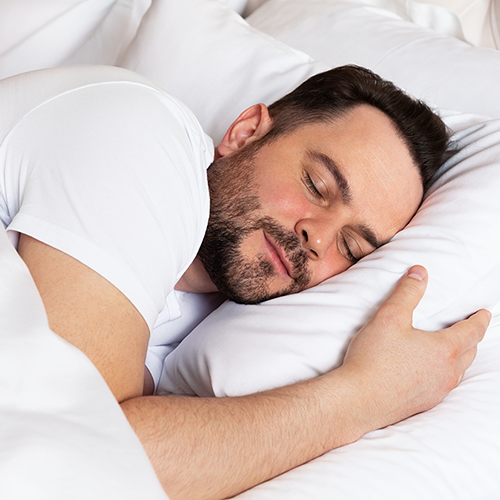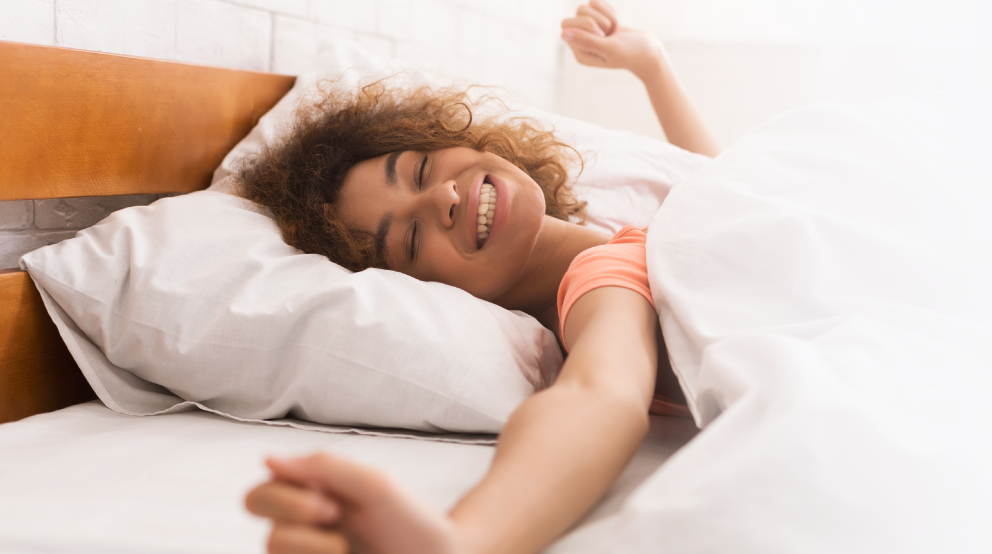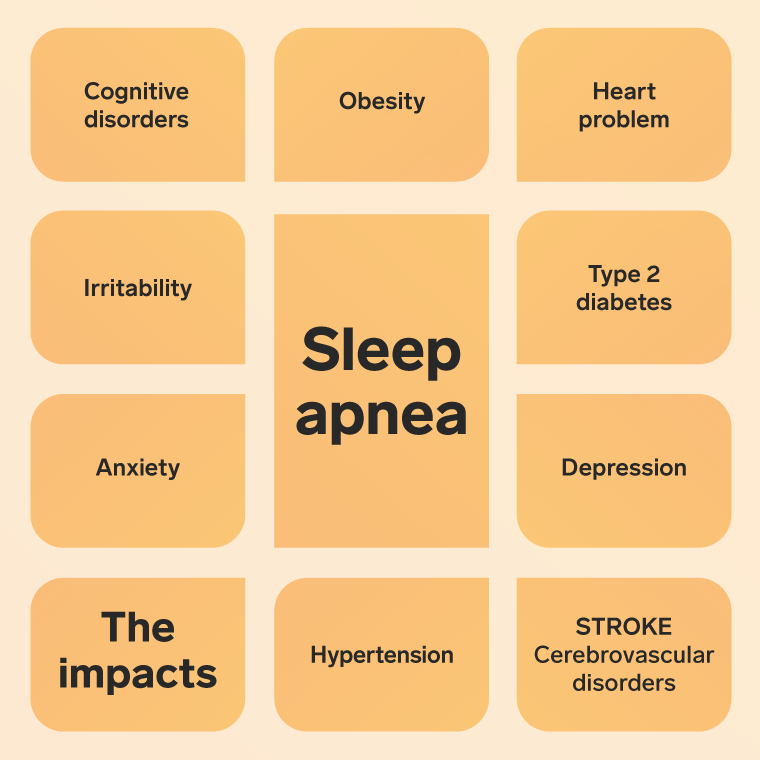Are you experiencing these symptoms?


Night sweats
Excessive sweating during the night
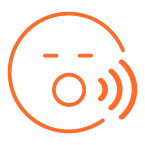

Snoring
Vibration of the soft tissue of the palate and the uvula in the throat


Headache
Feeling of pressure or pulsating causing pain
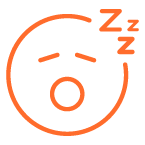

Drowsiness
Strong desire to close your eyes and fall asleep
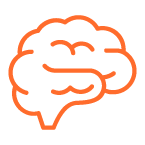

Memory loss
Struggling to remember details that used to be obvious


Irritability
Increased sensitivity to small inconveniences, more aggressive reactions
Main causes of poor sleep
The expression “sleep apnea” refers to a problem in which your breathing pauses during sleep. Nine out of ten people with sleep apnea have obstructive apnea. Watch this video to understand this phenomenon.
Restless legs syndrome (RLS)
A feeling of discomfort in the legs, such as tingling, numbness and pain
The symptoms usually occur during periods of rest or inactivity. They intensify mainly in the evening and at night and are relieved by movement. RLS can be diagnosed by the treating doctor based on the patient’s answers during a clinical examination. Treatment is recommended especially when the symptoms cause prolonged insomnia several times a week.
This is the most common sleep disorder. Behavioural treatments provide good results. Biron offers insomnia treatment tailored to your needs.
Periodic limb movement disorder (PLMD)
PLMD takes the form of repetitive contractions of the legs, and sometimes arms
People with PLMD are not usually aware of their movements. To diagnose PLMD, an in-clinic sleep study, also called a polysomnogram, must be performed. There are a number of therapeutic approaches. If necessary, your doctor can recommend a sleep clinic to talk with a specialist and discuss personalized solutions.
Factors which may trigger sleepwalking: fatigue, sleep deprivation, stress and anxiety, use of drugs and alcohol, physical activity before sleep that’s too intense, sleep apnea, restless legs syndrome, internal and external stimuli (noise, full bladder, etc.) and change of environment (moving house, vacation, etc.).
Sleep apnea
Obstructive apnea is the result of partial or complete obstruction of the airways. The body then makes a considerable effort to breathe, but the air cannot get through. This phenomenon may last an average of 10-30 seconds, until a microarousal occurs and causes an intense effort to clear the obstruction.
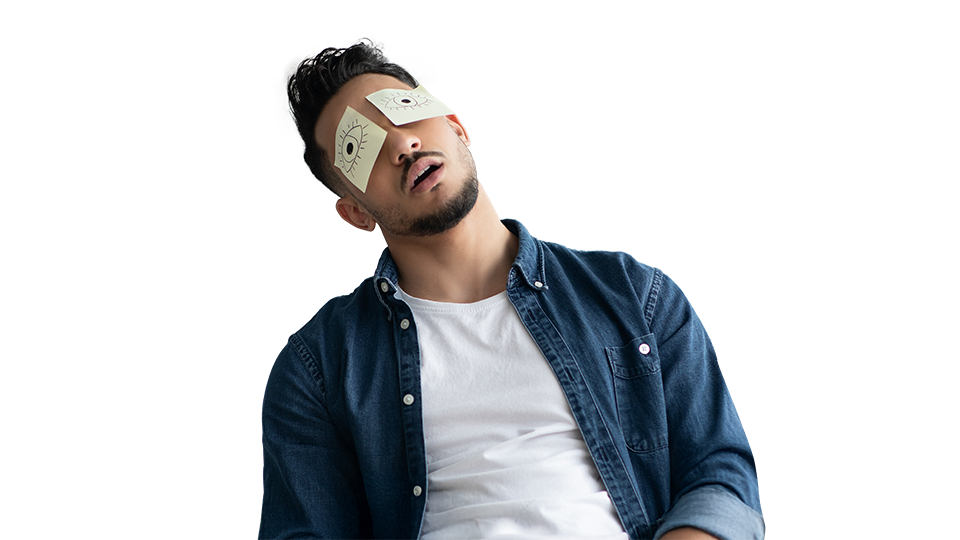

Anyone can have sleep apnea, but certain factors can increase the risk.
- Age: The frequency of sleep apnea rises with age
- Being overweight or obese
- Smoking
- Some specific morphologies, such as a receding chin, short neck, too high a palate or large tonsils
- Alcohol and some medications
- Family history; sleep apnea may be hereditary
- Repeated partial or complete pauses in breathing during sleep
- Snoring
- Mood swings
- Memory and concentration difficulties
If you have one or more of these signs or symptoms, take our online screening test to assess the quality of your sleep.
You should see your doctor if any of the following scenarios applies to you:
- You are experiencing one or more symptoms of sleep apnea
- You feel as though the quality of your sleep is not adequate
- The consequences of lack of sleep are affecting your quality of life
- You currently have diabetes, a cardiovascular problem (hypertension, heart problem or stroke) or depression
Your doctor may prescribe a sleep study or a sleep clinic consultation. Diagnosing sleep apnea and treating it early may contribute to protecting your health and reducing the risks of serious complications.
Your journey with Biron
Step 1
Screening
Fill out the questionnaire to get assessed
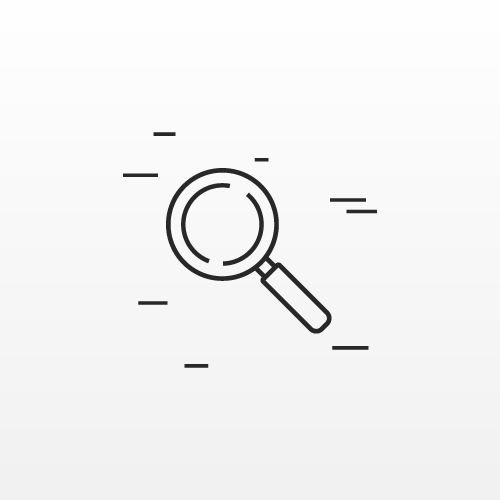

Step 2
Diagnosis
Get the right diagnosis
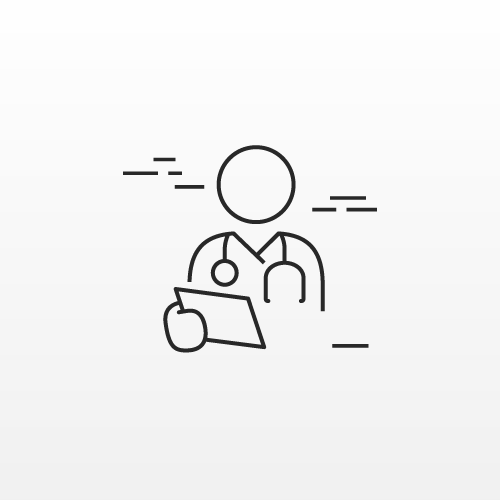

Step 3
Treatment
Let us guide you to the right treatment


Step 4
Support
Take advantage of support, either in person or online
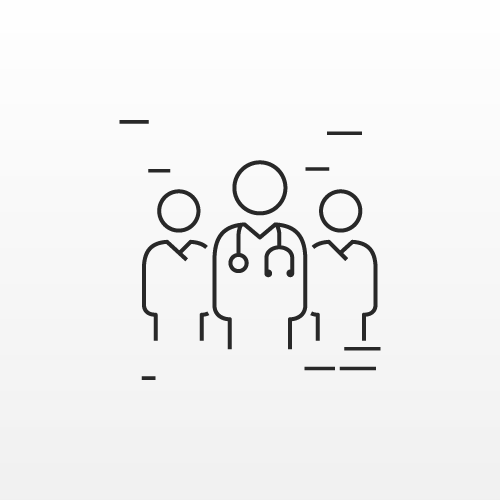

FAQs about sleep disorders
With the same morphology and clinical characteristics, women are two or three times less likely to have episodes of sleep apnea. They are protected by hormones like estrogen and progesterone. However, at menopause, that natural defence disappears and the risks even out between men and women.
Insomnia may be triggered by a stressful event or be the result of poor sleep habits. It may be accompanied by physical problems (such as heart and lung disease, musculoskeletal disorders and chronic pain) or psychological disorders (such as depression and anxiety). It may also be associated with another sleep disorder, such as obstructive sleep apnea.
Yes. Snoring, pauses in breathing at night, teeth grinding or nocturnal motor agitation (to mention a few symptoms) are often denied by the person who has them or are not recognized. That is why it is a good idea to do a screening test with your partner’s help, if possible. After that, a sleep study will help rule out or diagnose one or more sleep disorders.
Some studies estimate that 40% of apnea cases can be attributed to genetic factors such as facial morphology which makes the syndrome more likely, or being overweight, often considered to have a hereditary component. The risks of developing the disease increase by a factor of 2-4 times if a close family member also has it.
Source: What is the Impact of Sleep Apnea on Canadians? - Canada.ca

